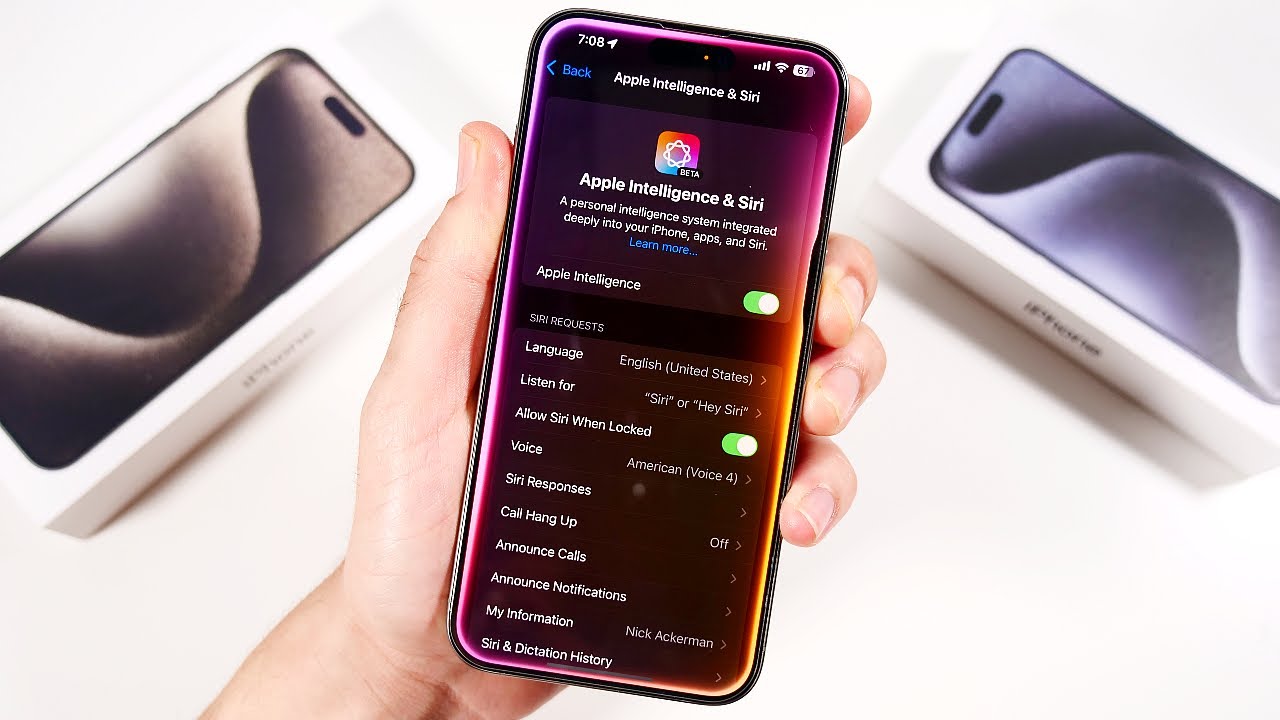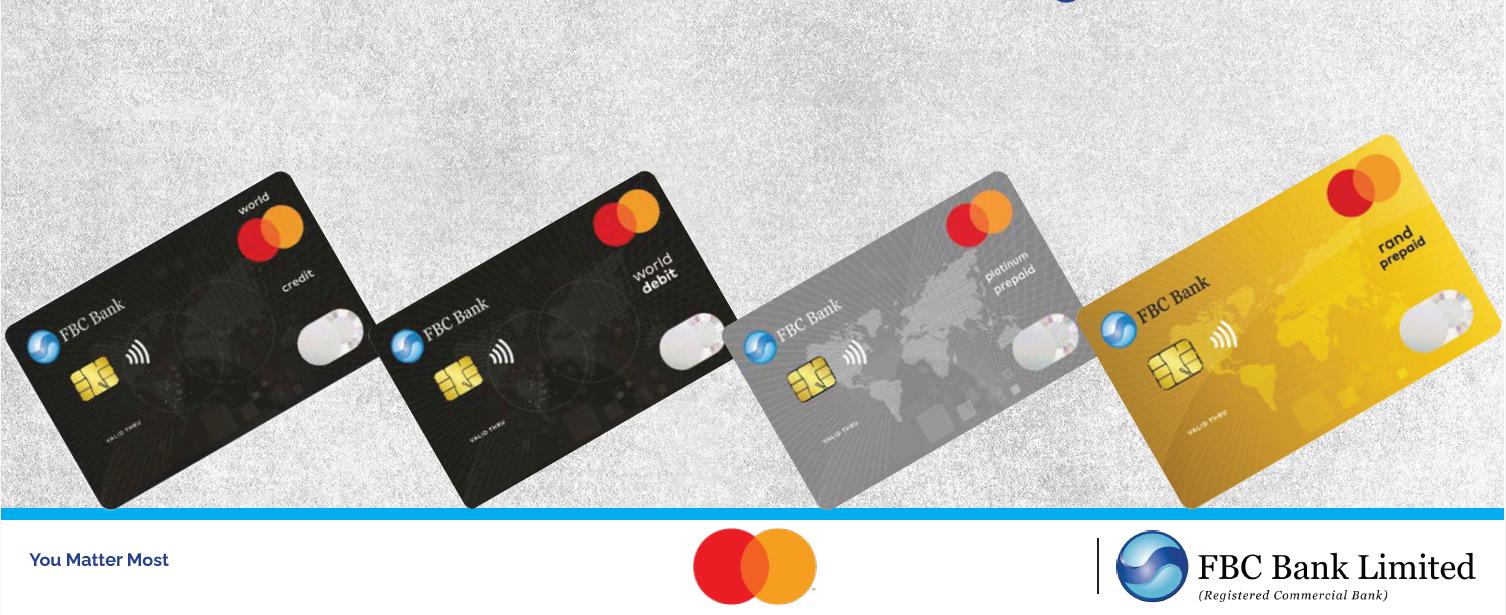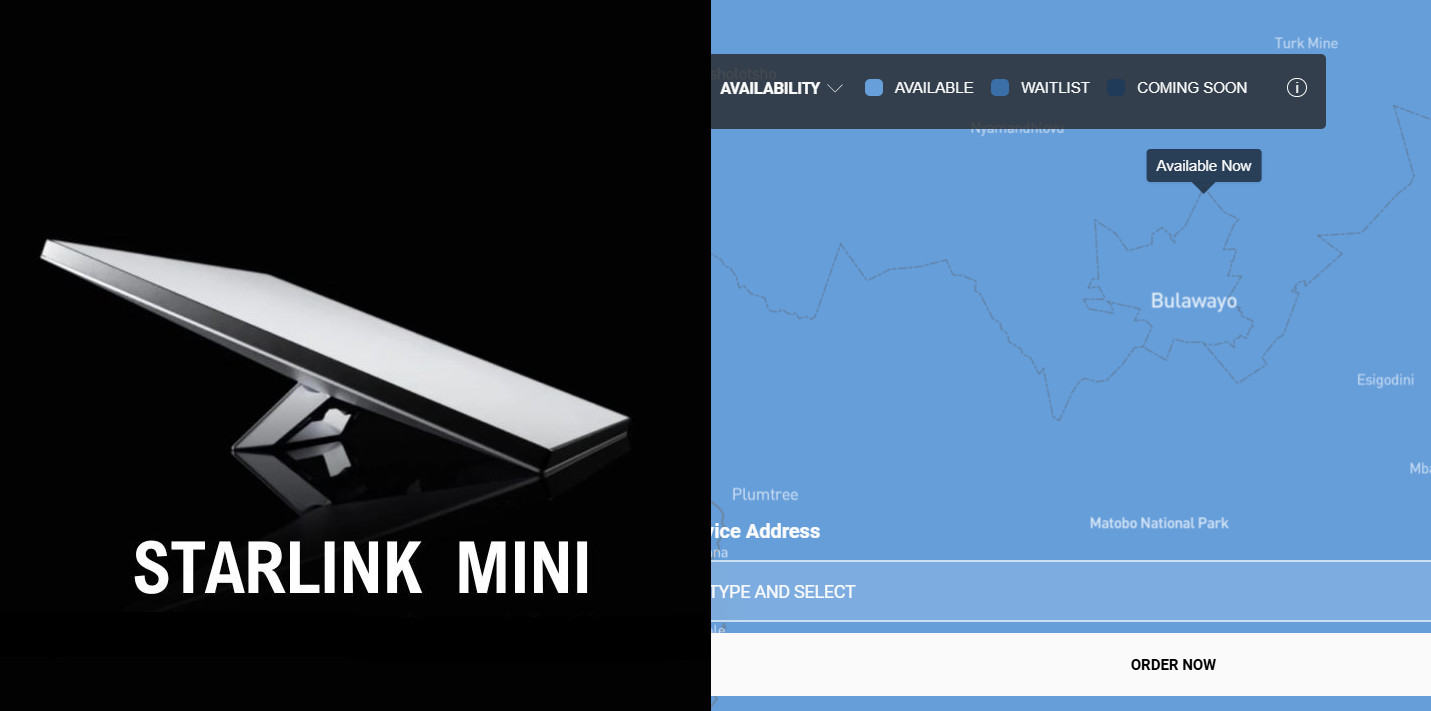Every time POTRAZ (the telecoms regulator here in Zim) publishes a new set of quarterly results one can’t help but feel like the data in there can be used as a benchmark to compare where Zimbabwe is compared to other African countries.
With this in mind, I compiled a list of statistics that I believe can be used as indicators of just how advanced countries are in terms of internet adoption and where people are using the internet. Taking a look at 3 countries from each region on the continent, I focused on factors such as internet penetration, internet users, average internet speeds when available along with the devices being used to access the internet and progress made over the last decade…
Southern Africa is pretty interesting in that for all of our problems we seem to be ahead most of the countries in Sub-Saharan Africa but maybe that’s more of an indicator of how much work needs to be done on the continent as a whole:
| Country | Population (estimate) | Number of internet users (million) | Internet Penetration | Internet Users As % of Population (2011) | Mobile Internet Connections | Fixed Internet Connections | Avg/Speed of mobile internet |
|---|---|---|---|---|---|---|---|
| South Africa | 56.72 million | 31.19 million | 54.8% | 20.9% | 28.9 million | 3.09 million | 25.47 mbps |
| Zambia | 17.09 million | 7.25 million | 42.4% | 11.5% | 6.92 | 0.33 million | N/A |
| Zimbabwe | 16.53 million | 7.1 million | 62.9% | 15.7% | 7 million | 0.17 million | N/A |
Looking at the stats from West Africa is confusing because whilst most of the countries in the region have large populations -which should act as a precursor to lower data costs- the internet penetration rates are still lower than one would expect.
Southern African countries seem to be ahead (in terms of penetration) but this could be a result of the impact of colonialism and the fact that the Southern African countries we looked inherited better infrastructure from colonial rule as compared to most West African states.
| Country | Population (estimate) | Number of internet users (million) | Mobile Internet Connections | Current Internet Penetration (%) | Internet Users As % of Population (2011) | Fixed Internet Connections | Avg/Speed of mobile internet |
|---|---|---|---|---|---|---|---|
| Ghana | 28.83 million | 10.31 million | 9.37 million | 35.7% | 14.1% | 0.94 million | N/A |
| Nigeria | 190.9 million | 98.39 million | 90.91 million | 51.5% | 28.4% | 7.48 million | 11.70 mbps |
| Uganda | 42.86 million | 19 million | 17.48 million | 44.3% | 13% | 1.52 million | N/A |
East Africa is similar to Southern Africa with the exception of Kenya which has a staggering 90% internet penetration. Rwanda is also one to keep an eye on considering the massive growth of their internet penetration over the last 8 years.
| Country | Population (estimate) | Number of internet users (million) | Internet Penetration (%) | Internet Users As % of Population (2011) | Mobile Internet Connections | Fixed Internet Connections | Avg/Speed of mobile internet |
|---|---|---|---|---|---|---|---|
| Kenya | 49.7 million | 43.33 million | *90% | 28% | 39.86 million | 3.47 million | 15.53 mbps |
| Rwanda | 12.2 million | 6.1 million | 50% | 7% | 5.24 million | 0.86 million | N/A |
| Tanzania | 57.3 million | 23.14 million | 43% | 12% | 22.28 million | 0.86 million | 9.57 mbps |
Central Africa paints the bleakest of pictures and it seems to be due to a mix of poverty, instability along with the other ills stunting growth in the rest of Africa.
| Country | Population (estimate) | Number of internet users | Internet Penetration (%) | Internet Users As % of Population (2011) | Mobile Internet Connections | Fixed Internet Connections | Avg/Speed of mobile internet |
|---|---|---|---|---|---|---|---|
| Cameroon | 24.05 million | 8.27 million | 34.3% | 5% | *5.79 million | *2.48 million | N/A |
| Chad | 14.9 million | 0.779 million | 5% | 1.9% | 719.3k | 59.9k | N/A |
| Democratic Republic of Congo | 81.34 million | 5.3 million | 6.5% | 1.2% | 4.7 million | 0.3 million | N/A |
Outlook on Sub-Saharan Africa
- 46% of people in Sub-Saharan Africa are branded by GSMA as those in the usage gap which is people living within the footprint of a mobile network but aren’t using mobile internet.
- 30% of the same group is also in the coverage gap – those that aren’t within the footprint of a mobile network meaning just 24% of people in sub-Saharan Africa are connected.
- Whilst finding stats for 3G and 4G coverage on a country-by-country basis was extremely difficult, there are stats for continental coverage. 3G coverage in Sub-Saharan Africa is now at 70% a significant improvement from 2014s 52%. Unfortunately, 4G coverage is still lagging some way behind at 34%.
- Affordability is still the biggest drawback – “In Sub-Saharan Africa, the cost of 1 GB of data for the poorest quintile is almost 40% of monthly income.”
North Africa: A different view…
North Africa is the most developed when it comes to internet infrastructure and they have been ahead for a significant number of years now…
| Country | Population (estimate) | Number of internet users | Internet Penetration (%) | Internet Users As % of Population | Mobile Internet Connections | Fixed Internet Connections | Avg/Speed of mobile internet |
|---|---|---|---|---|---|---|---|
| Egypt | 97.55 million | 49.23 million | 50.4% | 35.6% | 43.62 million | 5.6 million | 16.95 mbps |
| Morocco | 37.5 million | 22.57 million | 60.1% | 51% | 20.67 million | 1.9 million | 20.77 mbps |
| Tunisia | 11.53 million | 7.90 million | 68.5% | 38.8%% | 7.27 million | 0.63 million | 23.54 mbps |
Africa and broadband…
Here are some of the biggest takeaways from the data presented above and gathered elsewhere:
- the number of Africans on the internet as a % of total Africans is still pretty low and there is a lot of potential for growth as a significant number of Africans don’t have access to the internet. With 1.225 billion people inhabiting the continent only around 525 (close to 43%) million are estimated to have access to the internet.
- Some of the barriers to internet adoption in Africa include a lack of skills along with a large gender gap
- Africa is definitely mobile-first. Of all the countries we looked at mobile has a monopoly on internet connections due to its lower entry cost which means developing for mobile will become synonymous with developing for Africa…














Comments
One response
We don’t celebrate enough of our successes, this is really good, imagine when investment in the broadband sector comes back